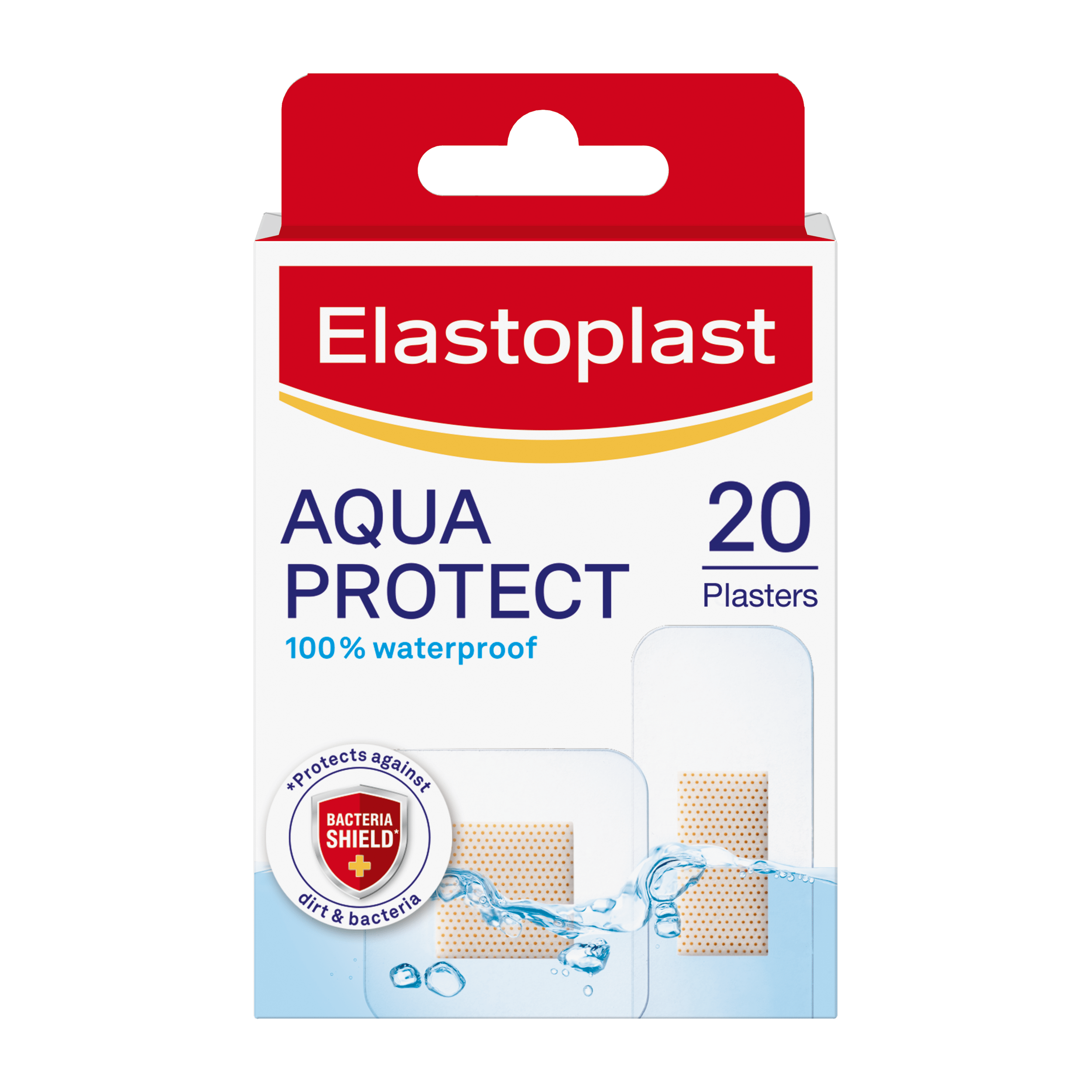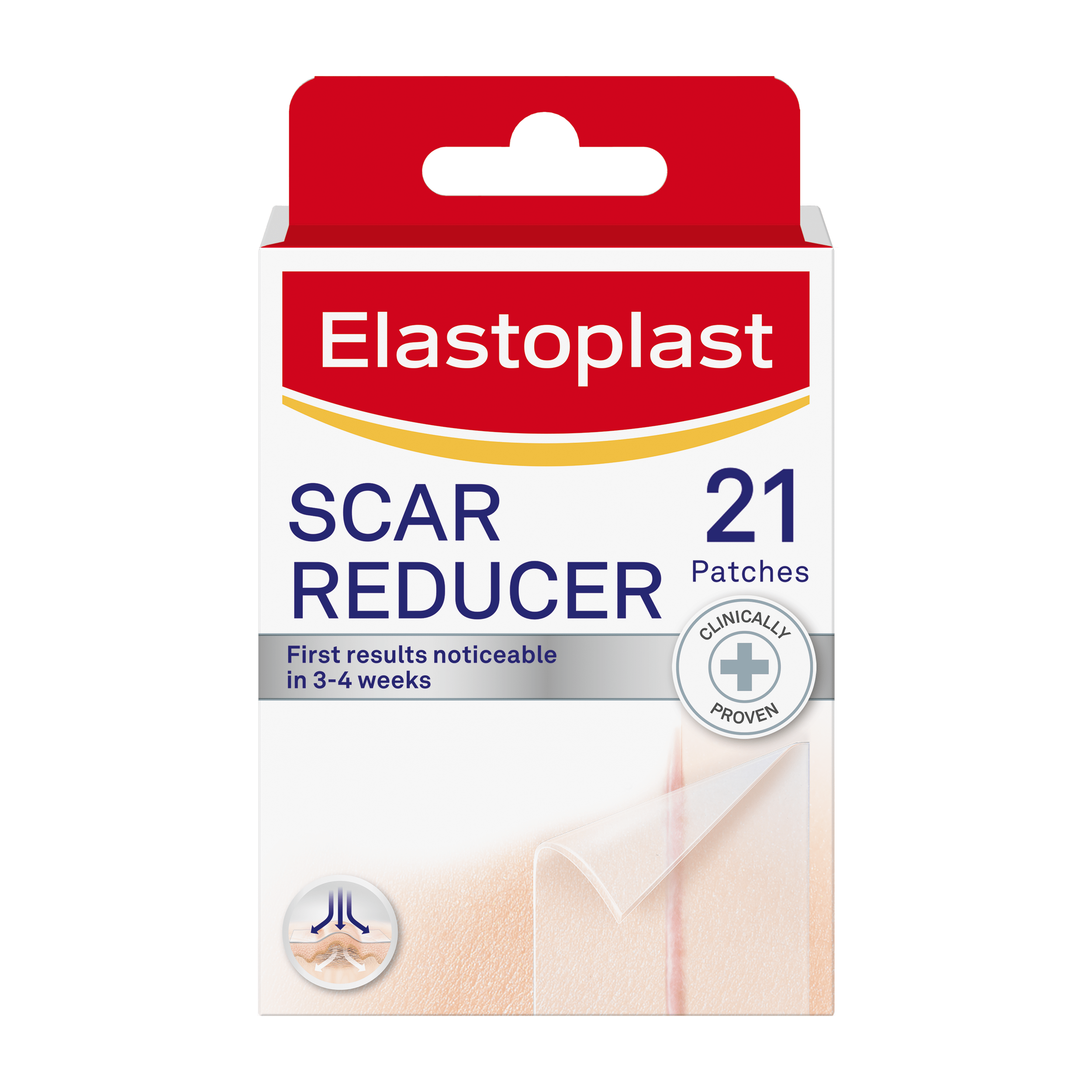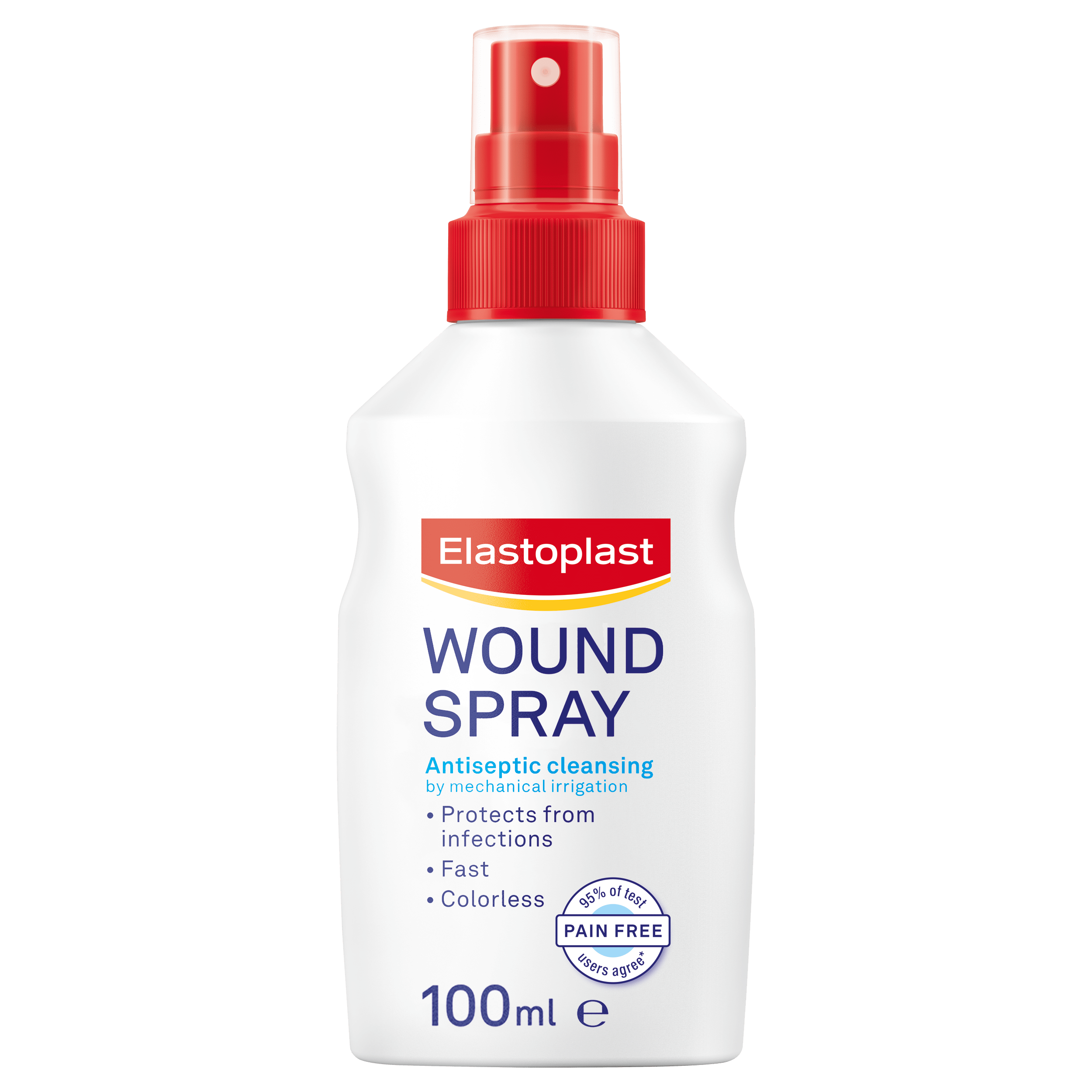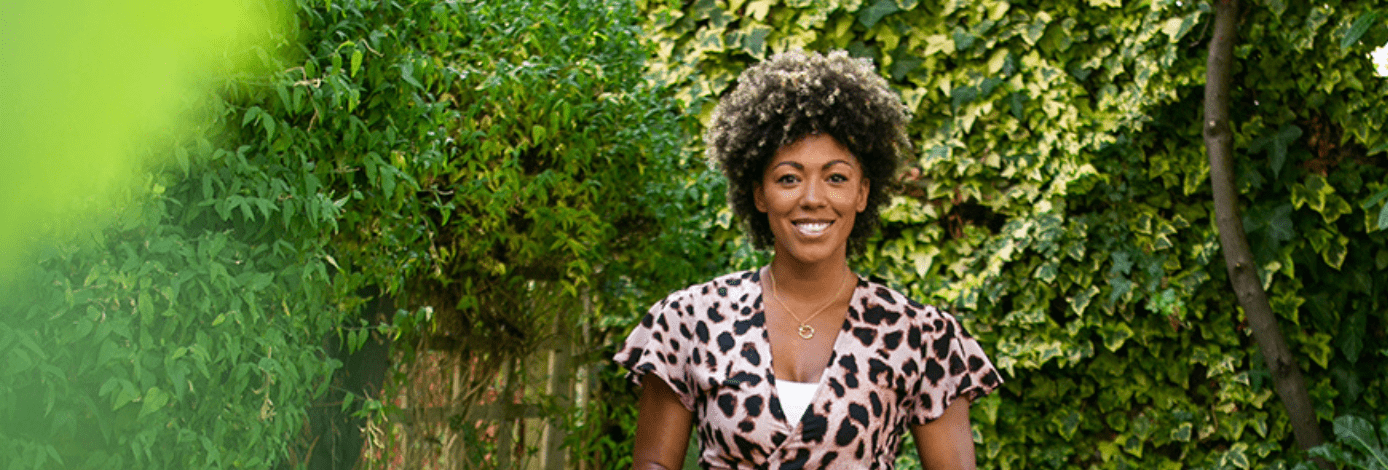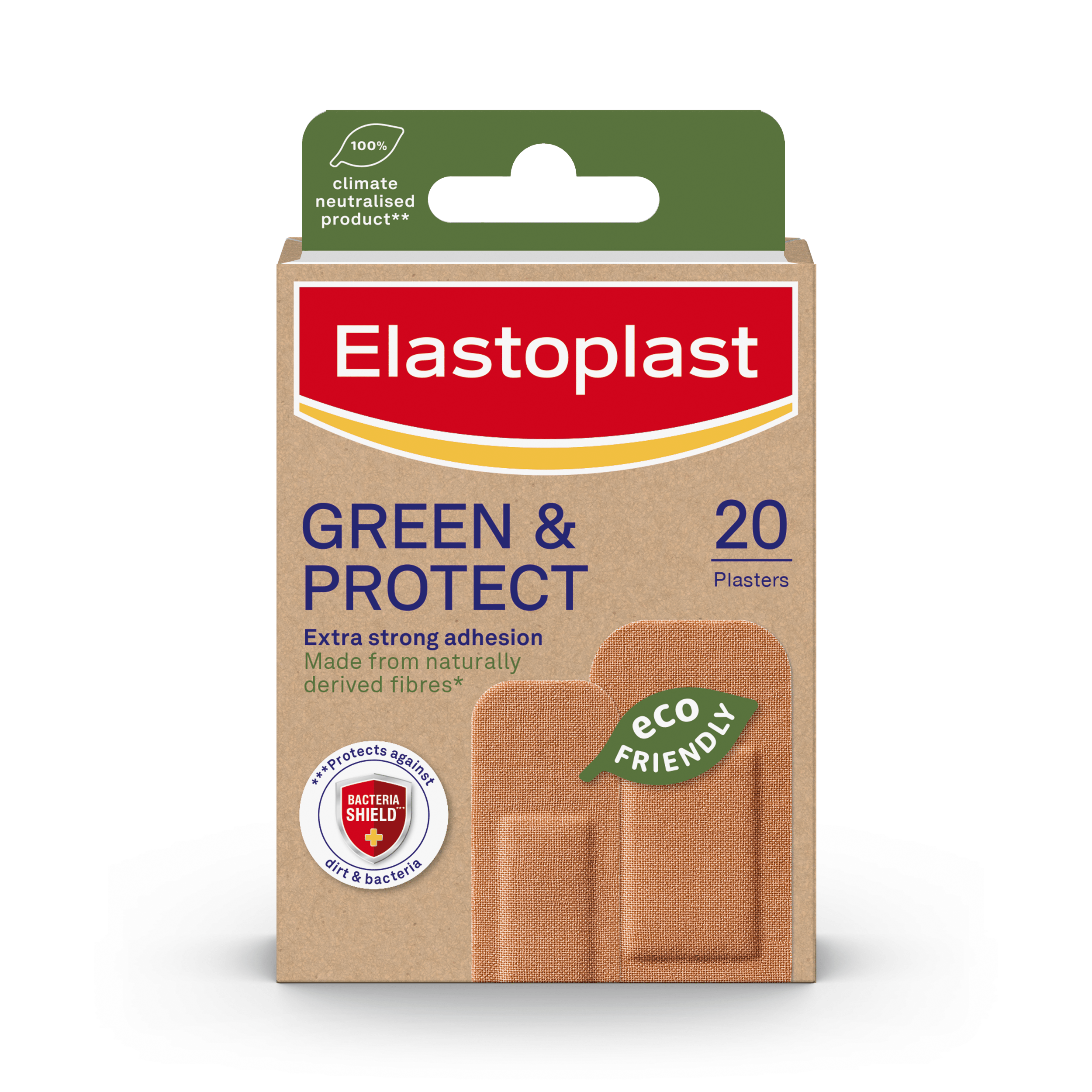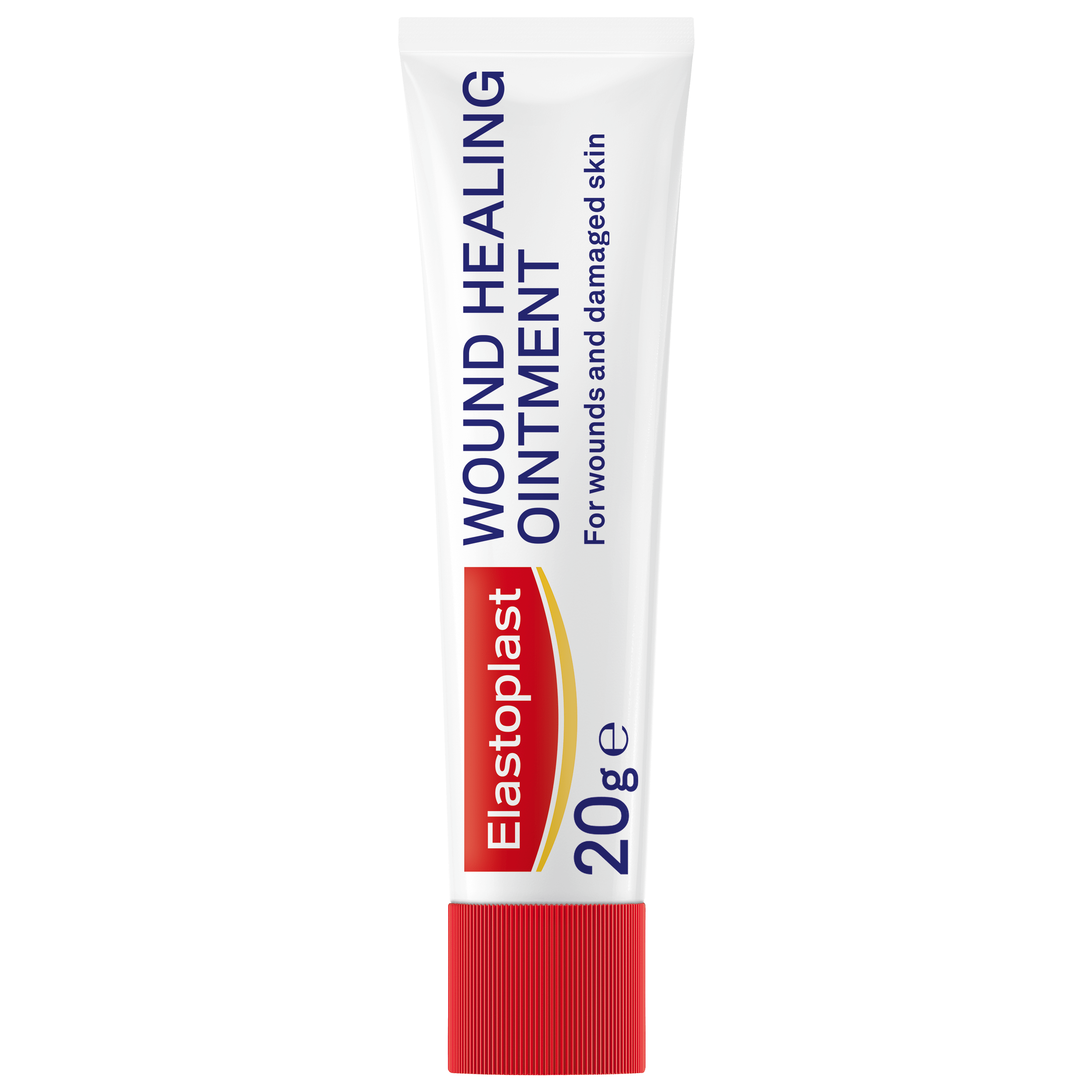And if that’s the difference that we can make as individuals, with such minor habit alterations, then what about businesses and industries? The same is true for each of them, and the healthcare industry is not excluded.
When it comes to reducing our carbon footprint and taking much needed better care of our planet, each of us has a responsibility to do our bit. Small changes can make a huge difference, especially if we all make them. Whether that’s carrying a reusable bottle to cut down your plastic use or becoming more intentional when shopping by using plastic-free personal care products, these simple steps can make a huge difference to reduce the tons of plastic that get to landfills yearly.
And if that’s the difference that we can make as individuals, with such minor habit alterations, then what about businesses and industries? The same is true for each of them, and the healthcare industry is not excluded.
And if that’s the difference that we can make as individuals, with such minor habit alterations, then what about businesses and industries? The same is true for each of them, and the healthcare industry is not excluded.
Eco-friendly plasters
As the UK ambassador for Elastoplast I was delighted to learn about the brand new ‘Green & Protect’ plaster. The environment and living more sustainably is rightly on the minds of a lot of consumers, including mine, so I was encouraged to learn more about Elastoplast’s sustainability agenda.
The brand is taking big steps and tangible pledges to ensure their products and packaging is more environmentally friendly. Elastoplast’s new lighter folding boxes save 106 tonnes of paper every year – equivalent to the weight of 18 adult African elephants – and are designed for maximum environmental compatibility. In addition, their paper and cardboard are also 100% FSC certified. Elastoplast has also removed plastic from their sealing pouches, a change that saves 83 tonnes of plastic each year.
With all of this change for more environmentally friendly packaging and products, the brand new Green & Protect is another step in the right direction for the First Aid category and its launch got me asking lots of questions. How did they do it? Why now? What’s next?
It was so interesting to hear how Elastoplast had to source new raw materials to develop a sustainable plaster, and how the research and development team, in addition to responsibly sourced raw materials, focused on maximising renewable feedstocks and achieving biodegradability of all components.
The brand is taking big steps and tangible pledges to ensure their products and packaging is more environmentally friendly. Elastoplast’s new lighter folding boxes save 106 tonnes of paper every year – equivalent to the weight of 18 adult African elephants – and are designed for maximum environmental compatibility. In addition, their paper and cardboard are also 100% FSC certified. Elastoplast has also removed plastic from their sealing pouches, a change that saves 83 tonnes of plastic each year.
With all of this change for more environmentally friendly packaging and products, the brand new Green & Protect is another step in the right direction for the First Aid category and its launch got me asking lots of questions. How did they do it? Why now? What’s next?
It was so interesting to hear how Elastoplast had to source new raw materials to develop a sustainable plaster, and how the research and development team, in addition to responsibly sourced raw materials, focused on maximising renewable feedstocks and achieving biodegradability of all components.
What is the future of sustainable plasters?
In line with its sustainability agenda, Elastoplast’s aim for the future of plasters is to:
- Ensure they utilise responsibly sourced raw materials (beyond packaging)
- Reduce fossil-based ingredients and maximise renewable feedstocks
- Maximise circular economy through reduced packaging to save resources
- Continuously reduce CO2 footprint of their portfolio
- Increase biodegradability of all components
Sustainability doesn’t mean sacrificing quality though. Elastoplast ‘Green & Protect’ plasters like their brand counterparts, have ‘Bacteria Shield’ technology. This means the plasters block 99% of dirt and bacteria and creates the ideal conditions for your body’s in-built healing mechanisms to function optimally. So, there’s absolutely zero compromise on functionality.

How to live more sustainably
But, when it comes to sustainability there are changes that we can all make in our everyday lives. The changes that are possible and achievable will vary from person to person, but each change adds up. As an example, if you turn off the tap while brushing your teeth, you could save around 12 litres of water? And that’s every time. The organisation Waterwise states; ‘If each adult in England and Wales turned off the tap when brushing their teeth, we’d save enough water for nearly 500,000 homes or to fill 180 Olympic swimming pools – every day!’ That’s immense.
I’ve made some changes in each area of my life, all which have proved to have additional benefits too once established.
I almost (not perfect) always use my own water bottle and coffee cup these days and we even switched to a full electric car last year.
As a mum, I’ve become a fan of batch cooking and using a rolling pin to roll the food flat before freezing. This way I prevent food waste as I can snap off the right amount each time, and even snap off a bit extra if the baby’s having a hungry day. I find batch cooking a great way to use up veggies and other perishables too, by incorporating them into stews, soups, curries and Bolognese. And we’re even growing some of our own veg in the back yard, using a Vegepod.
I’m delighted that I’m able to also make changes towards more sustainable healthcare in my work as a GP too. We are practically paper-free in the surgery these days, I’ve been active in the promotion of social prescribing nationally, which can involve things like being active in nature, and I’m making conscious decisions to prescribe medications responsibly too.
When it comes to our health and the health of the planet, they go hand in hand. The declining health of our planet is one of the current biggest threats to future human health (along with antimicrobial resistance). So, we CANNOT ignore it any longer. We can all do our bit.
Well done to Elastoplast for sourcing the materials to develop Green & Protect and remember that we can all make a difference, in the small (or large) changes that we can make in our everyday lives).
I’ve made some changes in each area of my life, all which have proved to have additional benefits too once established.
I almost (not perfect) always use my own water bottle and coffee cup these days and we even switched to a full electric car last year.
As a mum, I’ve become a fan of batch cooking and using a rolling pin to roll the food flat before freezing. This way I prevent food waste as I can snap off the right amount each time, and even snap off a bit extra if the baby’s having a hungry day. I find batch cooking a great way to use up veggies and other perishables too, by incorporating them into stews, soups, curries and Bolognese. And we’re even growing some of our own veg in the back yard, using a Vegepod.
I’m delighted that I’m able to also make changes towards more sustainable healthcare in my work as a GP too. We are practically paper-free in the surgery these days, I’ve been active in the promotion of social prescribing nationally, which can involve things like being active in nature, and I’m making conscious decisions to prescribe medications responsibly too.
When it comes to our health and the health of the planet, they go hand in hand. The declining health of our planet is one of the current biggest threats to future human health (along with antimicrobial resistance). So, we CANNOT ignore it any longer. We can all do our bit.
Well done to Elastoplast for sourcing the materials to develop Green & Protect and remember that we can all make a difference, in the small (or large) changes that we can make in our everyday lives).
